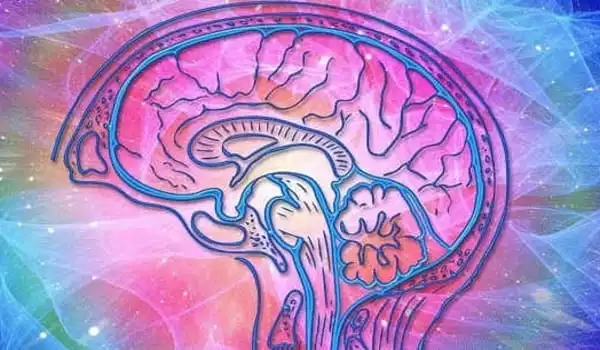Psychosis alters the way a person processes thoughts and information. Psychosis can cause feelings of being overwhelmed, as if the brain is processing too much information, or of being confused and unable to focus. People frequently confuse schizophrenia with psychosis. Schizophrenia is a mental illness that leads to psychosis, but it also has other symptoms. Other than schizophrenia, other illnesses and circumstances can cause psychosis.
Scientists at the University of Otago have paved the way for better treatment of brain dysfunction, which causes psychosis. According to Dr. Ryan Ward of the Department of Psychology, he and a team of researchers have been working on ways to model schizophrenia symptoms in animal models.
There is no known cure for schizophrenia, but the outlook for those suffering from it is improving. There are numerous approaches to treating schizophrenia, the best of which is a collaborative effort. Medication, psychotherapy, behavioral therapy, and social services, as well as employment and educational interventions, are examples of these.
Scientists have opened the door to improved treatment of brain dysfunction which causes psychosis. Psychosis is a debilitating aspect of schizophrenia, and while current medications treat it effectively, they have horrendous side effects that result in a poor quality of life for patients.
Dr. Ryan Ward
“Psychosis is a debilitating aspect of schizophrenia, and while current medications treat it effectively, they have horrendous side effects that result in a poor quality of life for patients. Specific mechanisms of dysfunction can be identified through research, which can lead to more precise drug targets for treatment, improving patient outcomes and quality of life.” We’ve been particularly interested in modeling symptoms that have traditionally been difficult to model. Psychosis is particularly difficult to model in non-humans due to the difficulty of assessing subjective internal state.
People with psychosis are stereotyped as violent, but they are more likely to be victims than perpetrators of crime. The largest study on the subject discovered that schizophrenia was a protective factor and that people with it who did not use substances were less likely to commit violent acts than others with mental illness.
People who suffer from psychosis aren’t the distant strangers we fear; they’re our neighbors, relatives, and friends, and perhaps even ourselves. Psychosis affects approximately three out of every 100 people at some point in their lives, making it far more common than most of us realize.

Researchers have begun to consider schizophrenia to be a neurodevelopmental disorder, similar to autism spectrum disorders, which means that the brain changes that lead to psychosis and other symptoms begin long before they manifest in someone’s behavior.
“Thanks to Wayne Meighan’s Master’s thesis work, we have recently broken new ground by combining a rat model of schizophrenia risk with a procedure that allows a very sensitive screening for the subjective internal state,” he says.
Researchers measured the ability of rats that model a risk factor for schizophrenia to tell the difference between a drug (ketamine) and saline in a study published in the Journal of Psychopharmacology.
The critical aspect, according to Dr. Ward, is that the ketamine dose used causes schizophrenia-like psychosis in humans. “We discovered that our model was only capable of distinguishing the drug from saline at doses that cause psychosis in humans.” This, we believe, implies that the subjective internal state of these models is similar to the state induced in human psychosis.
“This opens the door to modeling symptoms in non-humans that were previously thought to be only measurable in humans, such as psychosis. The discovery could greatly improve our ability to pinpoint brain mechanisms underlying these symptoms and lead to more effective treatments “he claims.
Dr. Ward believes that determining how to model psychiatric disease often boils down to knowing how to ask the right question. “In our case, we demonstrated that it is possible to rigorously ask an animal how it ‘feels.’ These kinds of studies pave the way for future research in which we may be able to identify specific brain dysfunctions that cause psychosis, thereby improving future treatments.”
People with psychosis can be successfully managed using a combination of strategies and interventions, including early intervention (when possible), medications, cognitive behavioral therapy or other types of psychotherapy, academic or vocational services that help people stay in school or work, and family and friend support.
Psychosis may last only a few days in people who do not have schizophrenia. If it was caused by alcohol or drugs, it will fade once the substance has left their system; if it was caused by an acute medical condition, such as high fever, it will fade once the condition has been resolved.





